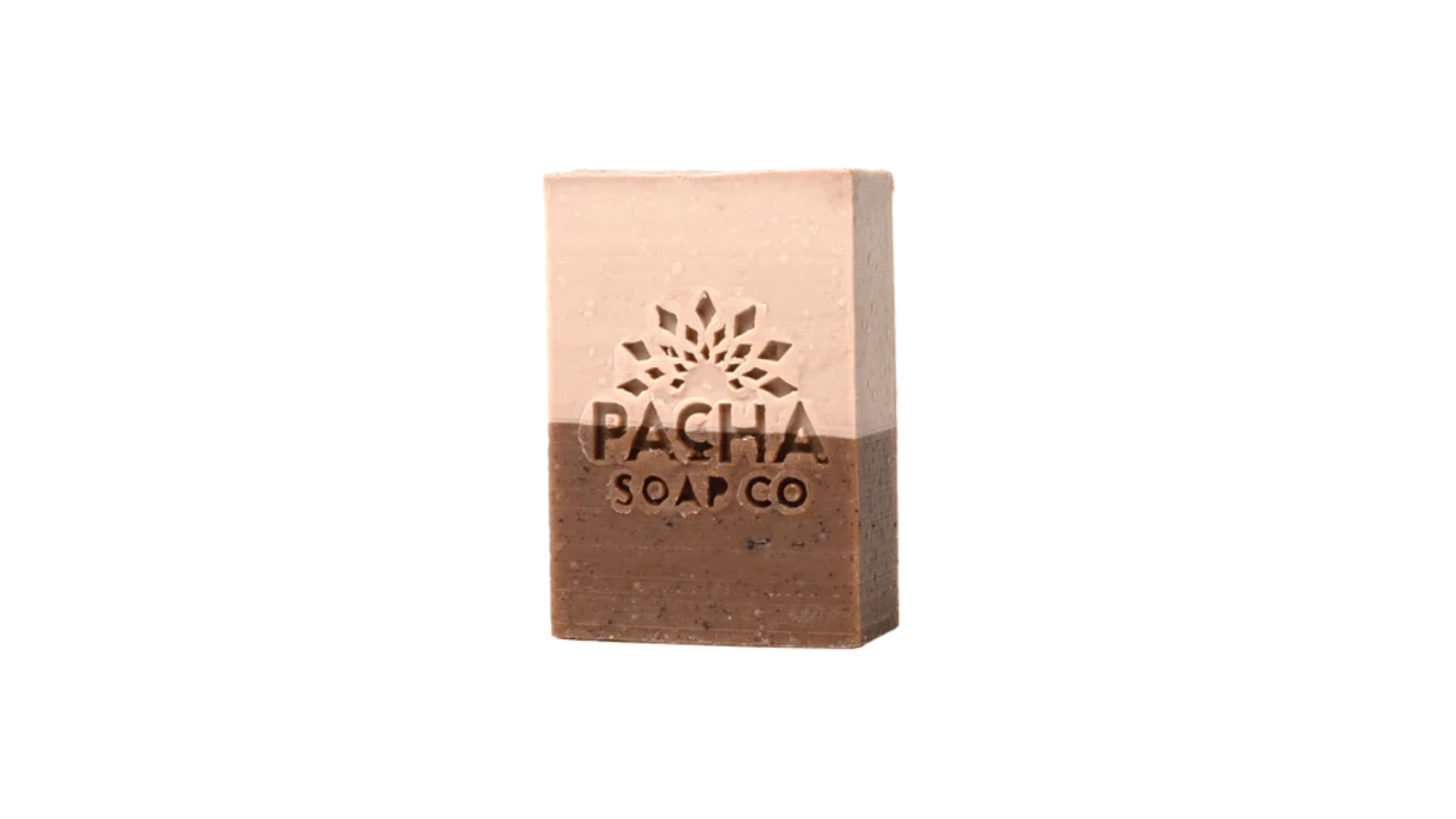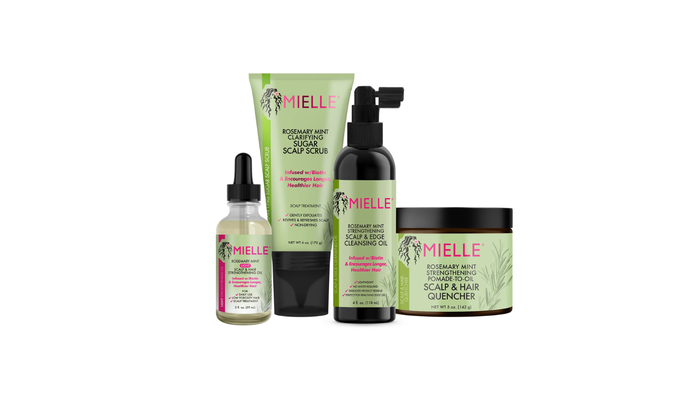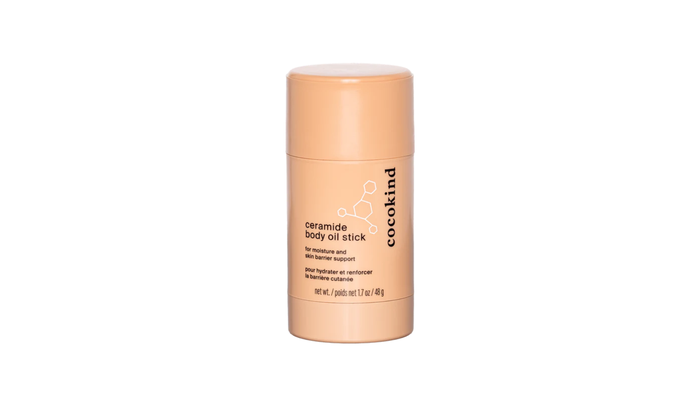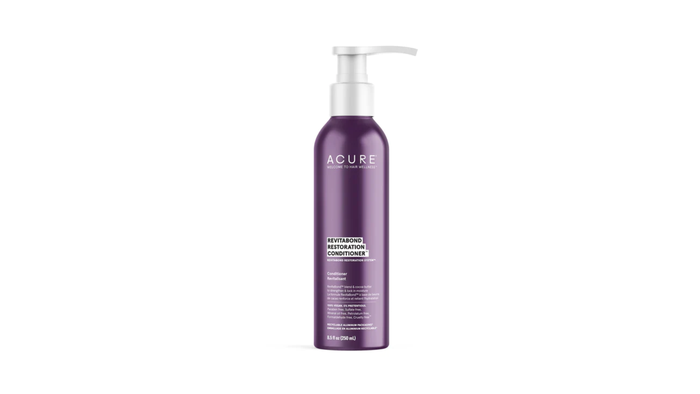The State of Natural Beauty: Embracing innovation, sustainability and holistic wellnessThe State of Natural Beauty: Embracing innovation, sustainability and holistic wellness
Discover the latest insights and trends driving natural beauty in 2024, alongside examples of sustainable products meeting consumer demands.

The natural beauty and wellness industry will reach new heights in 2024, fueled by a surge in consumer demand for sustainable, effective and holistic products. According to New Hope Network's State of Natural Report, the natural beauty industry experienced 5.5% growth in 2023, reaching $28.7 billion.
This growth underscored the importance of a recent session held at Natural Products Expo West 2024 titled The State of Natural Beauty. The session, which featured experts on market sizing, brands, investment and retail, provided invaluable insights into the industry's current state, emerging trends and current strategies for success. See what 2024 has in store for the natural beauty and personal care sector.

Pacha Soap Co. Coconut & Rice Milk Bar Soap featuring upcycled ingredients
Growing Demand and Market Trends
Alice Mintz, director of solution architecture at SPINS, highlighted a fundamental shift in consumer mentality towards prioritizing health span over lifespan. Consumers are seeking products that promote overall well-being and vitality, leading to a rise in demand for natural beauty and wellness solutions. This global perspective also drives the demand for products that help protect the environment and incorporate innovative ingredients from diverse cultures. Time-honored ingredients and ancient beauty rituals are being revived because consumers see the benefits of returning to the basics. Often, with skincare, less is more. The efficacy of ingredients such as sage and jojoba oil has been supported through their continuous use by communities throughout history.
The ascendancy of natural beauty products has been remarkable, surpassing conventional counterparts in terms of growth and market share. With a 10% share of the $55 billion beauty industry, natural beauty products resonate with consumers' values, including clean labels, sustainable packaging and ethical sourcing. In the past year, natural beauty outpaced conventional products by +16 pts, shares Mintz.
Mainstream shoppers make up a large portion of the market for these natural products. According to New Hope's research, the mass market is the dominant channel shoppers use to find natural beauty products. The mass market accounts for 41.6% of natural and organic beauty sales (nearly $12 billion), while in 2023, 30% of sales occurred in natural and specialty channels, and that number is dropping.

MIELLE Rosemary Mint Scalp TLC Bundle
Prevention and Innovation
Innovative approaches to beauty focus on prevention and holistic wellness. Trends like scalp care treatments, incorporating natural ingredients like ashwagandha for anti-inflammatory benefits, and leveraging ancient beauty traditions from diverse cultures drive product innovation and consumer engagement. For example, in the past year, oral care with Xylitol had 3x faster growth. Other trends to watch for are products that protect the body's biome and the continued growth of acid incorporation into people's skincare routines.

Cocokind Ceramide Body Oil Stick
Emerging Beauty Trends
Many emerging natural beauty trends intersect with wellness and sustainability. These trends include back-to-basics approaches, flexitarian living, multicultural representation in beauty products and a growing emphasis on climate action within the industry. SPINS shares that products labeled organic saw an accelerated growth of +5 points in the last year. Another example that Mintz shared is that suncare products labeled coral reef safe grew +4 points faster than those not labeled. Certified B Corp natural beauty products also saw approximately $30MM growth in 2023.

ACURE Revitabond Restoration Conditioner
Industry dynamics and insights
The Expo West session included insights from a panel of industry experts moderated by New Hope's Vice President of Content Jessica Rubino. The panelists were:
Alisa Carmichael, an investor at BMG Partners, which has long been investing in the beauty space with brands including Drunk Elephant and Honeypot
Isabelle Collins, category manager for body care at Fresh Thyme
Andrew Vrbas, co-founder and CEO of Pacha Soap Co.
They identified the following as trends and areas for opportunity in the industry:
1. Rise of "Beauty from within" and skincare supplements: Alisa Carmichael highlighted the importance of brands demonstrating the efficacy of ingestible products to meet consumer demands.
2. Alternatives to Plastic Packaging: Jessica Rubino shared that the shift towards waterless and plastic-free packaging continues to hold strong and that consumers are willing to pay more for sustainable products.
3. Targeting the 50-plus women's category: Isabel Collins emphasized the opportunity to engage the 50-plus demographic by aligning natural beauty with overall well-being and health optimization. Brands marketing to older demographics will need to focus on clear messaging and efficacy-driven narratives.
The natural beauty industry's future looks promising, with brands that embrace sustainability, innovation and consumer-centricity poised for success. Collaboration between brands and retailers with a diverse set of consumers in mind that can cater to their individual needs will drive meaningful change, shaping the future of natural beauty and wellness.
About the Author
You May Also Like





